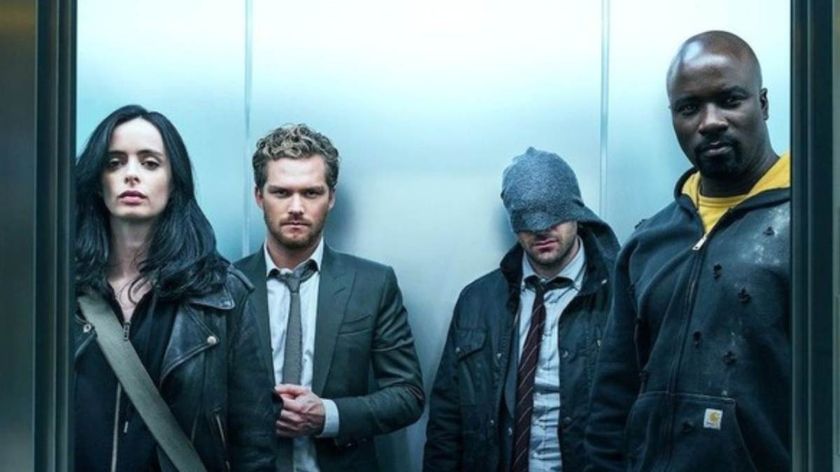I didn't realize how tired I was of everybody in AAA games talking like MCU characters until Kingdom Come: Deliverance 2 offered a welcome alternative
Opinion | Kingdom Come Deliverance 2 knows you can't just look medieval, you have to sound like it too.
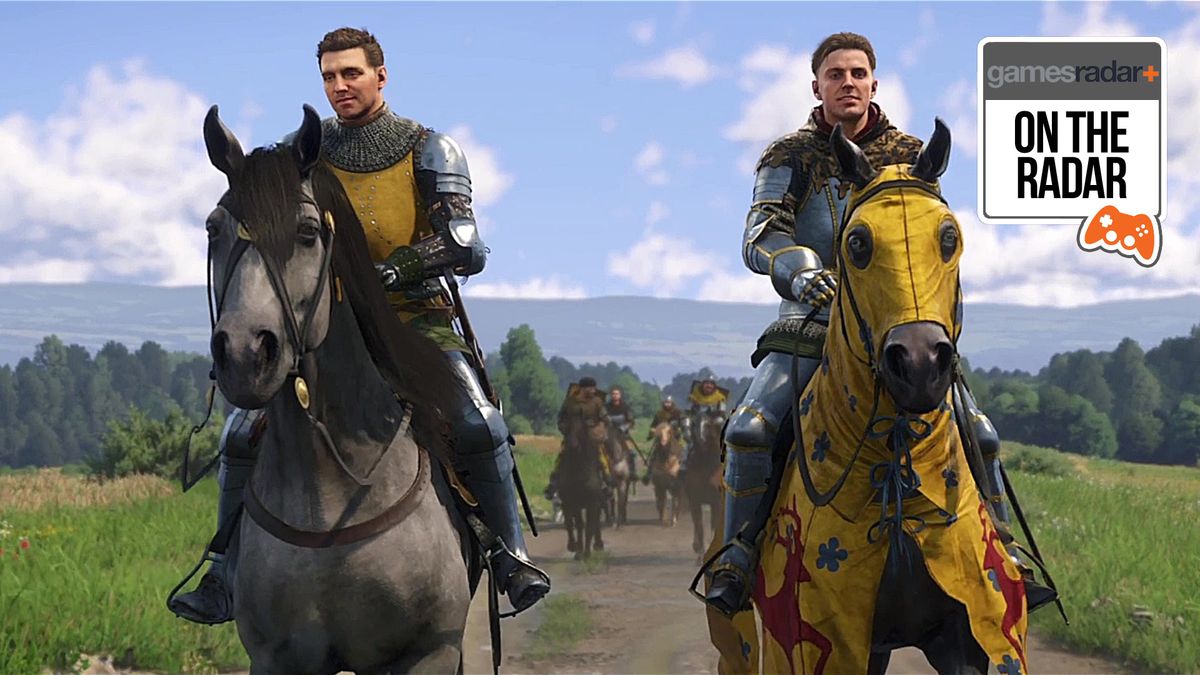
"He's right behind me, isn't he?" "Well, THAT just happened." "Hey, uh, maybe DON'T do that?" You've all heard these lines before. They're punchlines that themselves have become punchlines in recent years: light, quippy, supposedly self-aware dialogue made massive in the Marvel Cinematic Universe (MCU), and since seen in everything from Dragon Age: The Veilguard to God of War: Ragnarok, to name a few examples. It's also been derided in games like Forspoken and Suicide Squad: Kill the Justice League, while Thor: Love and Thunder and Star Wars: The Rise of Skywalker ('they fly now!') have taken flak for it on the film side.
It's become so ubiquitous as a style that I almost didn't notice it anymore, but that changed when Kingdom Come: Deliverance 2 suddenly did away with it. And in doing so it's made a real, researched and borderline mundane place in history feel more fantastical and unique than any quasi-dimensional magical netherrealm I can remember.
Quip it real good
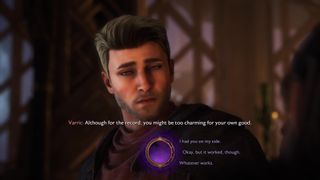
Let's be clear here – this discussion isn't just about certain kinds of jokes or well-worn one-liners. For a while now, mainstream games and movies, and a lot of nerd culture in general, has utilized a very specific kind of dialogue that the Marvel Cinematic Universe and Joss Whedon have been instrumental in popularizing across the last twenty years.
You know the sort of thing I mean. It has a certain rhythm and cadence. It's light and snarky, delivered fast and throwaway. It's largely comedic, with one character's speech often setting up another's punchline. It's somewhat post-modern and self-aware, sometimes even meta-aware or fourth-wall breaking, often tacitly inviting the audience to mock any element of the story that seems outlandish. It tends to puncture the more heartfelt or emotional moments before they can drag on too long, giving the impression of being a little cynical or emotionally disaffected.
Now, I'm not saying this is a bad thing. When done right, this lighter kind of writing sparkles, it's pure champagne! And while it's very common now, it's certainly not a new thing in fiction; there's a real case to be made that Oscar Wilde and P.G. Wodehouse were both working in this wheelhouse, arguably even certain Shakespearean comedies. But you can't deny that certain elements have really gained traction in recent years with flicks like The Avengers and Deadpool; that this punchy, irony-laden dialect has moved to the very forefront of the mainstream.

Though of course when you do this poorly, it's agonizing. Badly-written horror, romance, drama and action can all be hilarious, even if it's not intentional. Sometimes especially if it's not intentional. But bad comedy, by definition, can't be funny. A smirking joker with one cocked eyebrow rattling off some almost-punchline and waiting for laughter that never comes is… abrasive. A whole movie (or god forbid, a fifty-hour video game) doing that is reason enough to call for UN intervention.
Good or bad, this dialogue is everywhere, even in forms that you might not expect. A friend of mine commented the other day that the cast of Alien: Romulus (enslaved miners worlds away in the far future) have that post-modern attitude, which the cast of the original Alien didn't. Meanwhile, fantasy characters in Baldur's Gate 3 and God of War who would be baffled by an electrical outlet still somehow manage to think, act and speak like they're veterans of TV Tropes and Buffy the Vampire Slayer.
Sign up to the 12DOVE Newsletter
Weekly digests, tales from the communities you love, and more
And to be honest, I barely questioned it in any of these cases. This is just what 21st century character writing looks like now (at least at a certain level of pop culture). Doesn't matter who you are and where you're from, it seems as though everybody has become a member of the Guardians of the Galaxy. But then I started playing Kingdom Come: Deliverance 2, and that was suddenly no longer the case.
Bohemian rhapsody
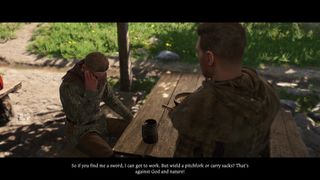
Now KCD2 isn't going all prithee and verily like a Kirby-era Thor comic, but it's always been framed as a series with a strong historical focus, and dialogue is part of that. In fact, it makes its intentions clear from the first minutes when protagonist Henry is mocked by the noble he's escorting for not knowing Latin, a clear sign of his peasant origins. Later on, the same noble makes an honest reference to a medieval belief called The Three Estates of the Realm, a theory of divine law that states that nobility, clergy and peasantry are all in their assigned roles because God ordained it, and to break that pattern (in this case, by asking the young lord to do menial labor) is against nature. There's no punchline to this dialogue either; Sir Hans really means what he's saying, and while it's up to you how Henry responds, there's nothing overtly comic about the moment as a whole.
In any other game, this would be the sign of a particularly villainous or stupid character, but the Church, the feudal system and superstition dominate so many of the cast's conversations that it just feels like an honest representation of a historical culture. Meanwhile, concepts like lawful dueling and honor are also taken at face value, rather than being something silly or antiquated – and while characters do make jokes, there's all manner of comedic styles on display rather than one unifying tone.

And to be honest, I like how it feels so very alien to modern sensibilities, rather than trying to dilute itself to match them. For example, a major plot point in the story has a character arrested for the crime of poaching (specifically hunting livestock on a lord's land without his permission), and everybody takes it completely seriously, neither surprised or even particularly disapproving that the offender is given a death sentence, and certainly not eye-rolling about it.
Zounds! I can't say I was expecting a major character's life to hang in the balance as a result of shooting Bambi in the wrong postcode, but I like it! I like that these 15th century Bohemians don't act like they have a favorite brand of vape pen. I like that they're not embarrassed to be medieval. And I like I'm we're not just exploring a physical world, but a culture and a medieval mindset, with the dialogue being the means by which we traverse it. I'm no historical expert, but I found myself convinced I was in a real place in history, not just surrounded by modern-day cosplayers at a ren faire.
Talketh the talk
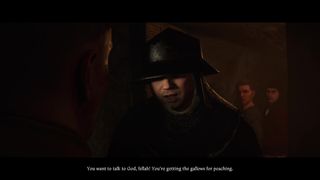
And thinking back, I've always enjoyed this sort of thing. Pentiment is an obvious example (and if you haven't played it, you absolutely should), but on a smaller level I remember now that I always appreciated the scene in Witcher 3 where Geralt is being taught the correct way to bow and dress before he meets the emperor, lest he embarrass the high court. CDPR didn't have to include that, but small, granular specifics give a world texture and make it something fully realized.
Good character writing is nearly always a matter of building empathy between the audience and characters. And yes, a sense of shared humor and recognizable cultural references are a totally valid way of doing that, they're not the only way of doing that. Kingdom Come Deliverance 2 is confident enough in the heart and soul of its cast (as well as the fascination of feeling like you're in a different era of history) to fully invest in that, and not compromise on what makes it special by trying to talk down to the modern world.
Want to know our thoughts on the game as a whole? Check out our Kingdom Come Deliverance 2 review here!

Joel Franey is a writer, journalist, podcaster and raconteur with a Masters from Sussex University, none of which has actually equipped him for anything in real life. As a result he chooses to spend most of his time playing video games, reading old books and ingesting chemically-risky levels of caffeine. He is a firm believer that the vast majority of games would be improved by adding a grappling hook, and if they already have one, they should probably add another just to be safe. You can find old work of his at USgamer, Gfinity, Eurogamer and more besides.
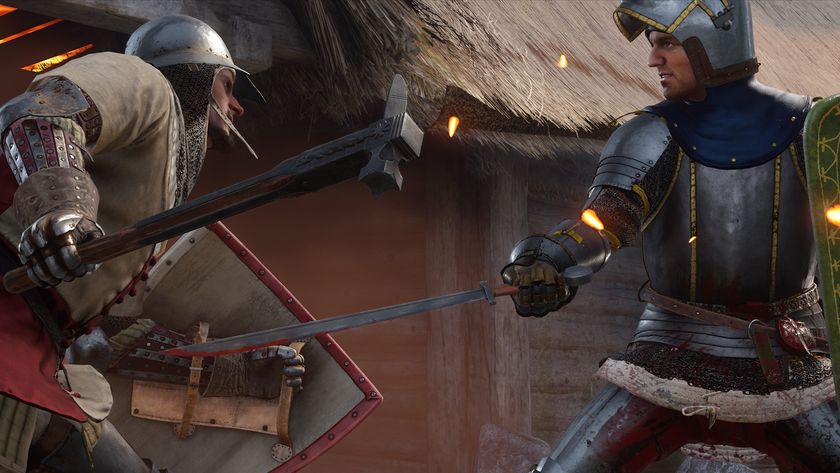
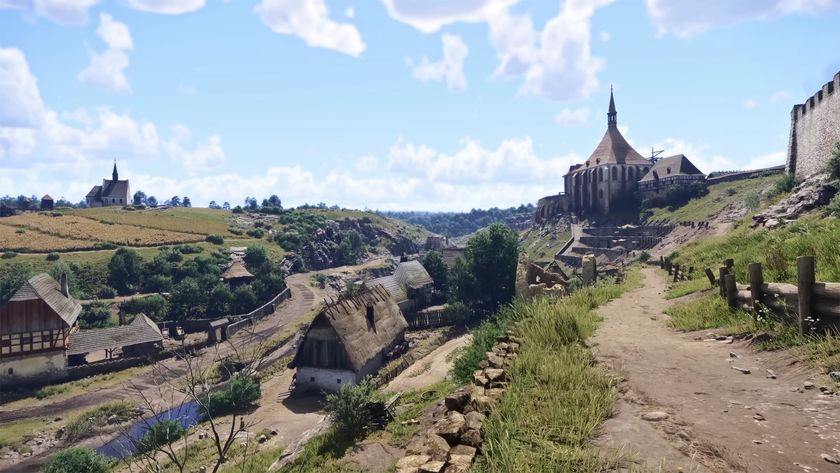
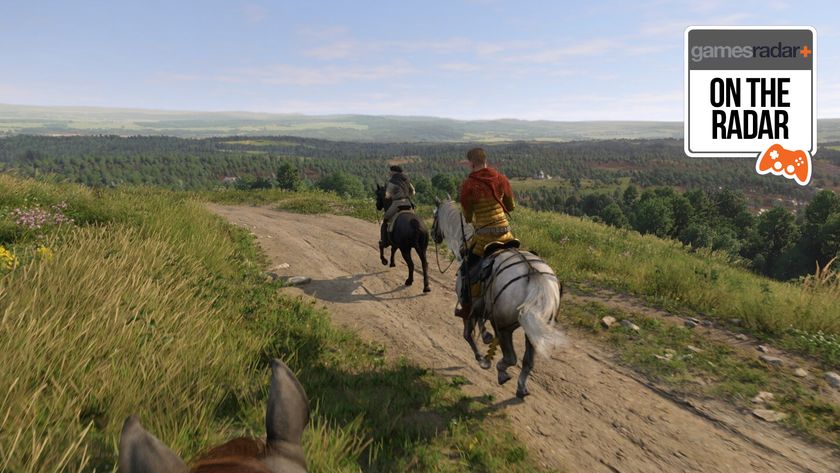
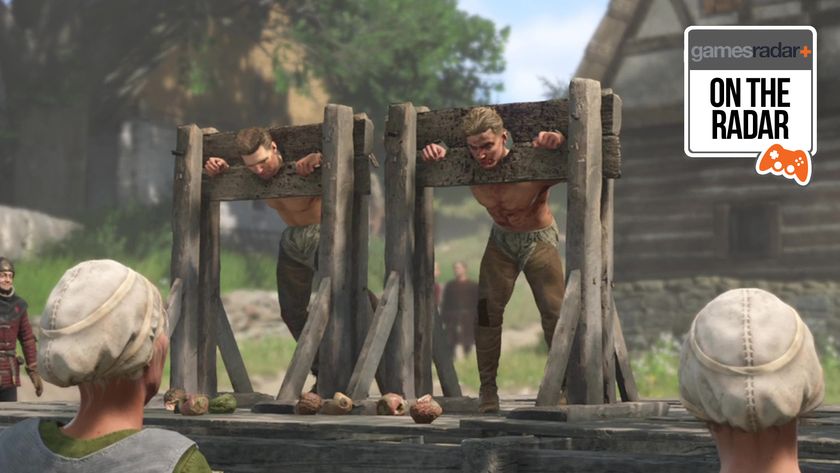
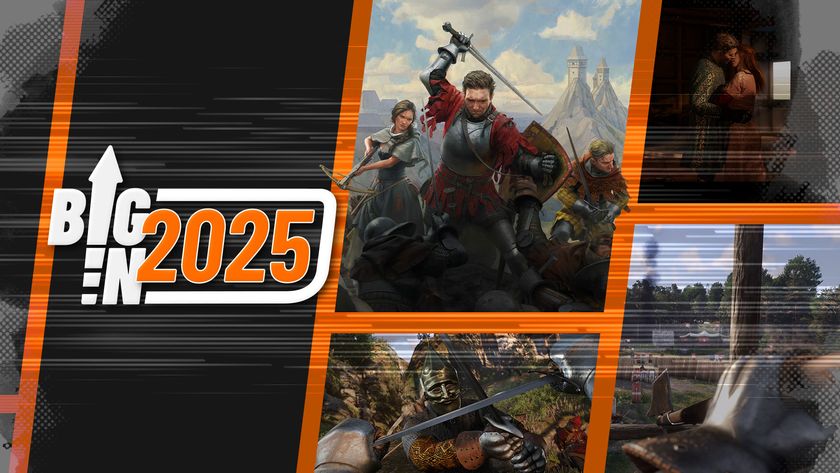
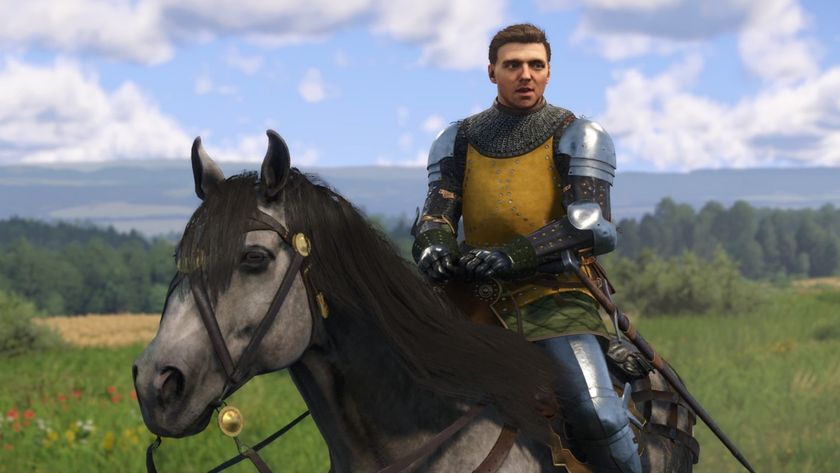
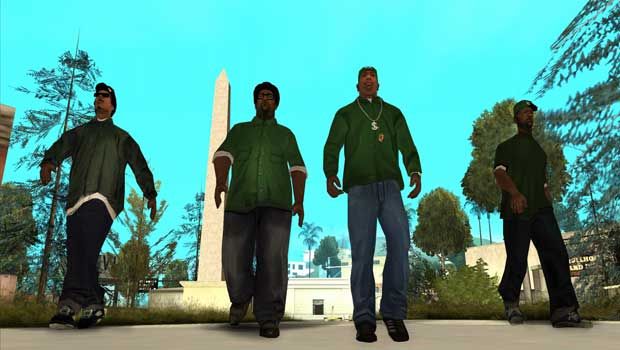
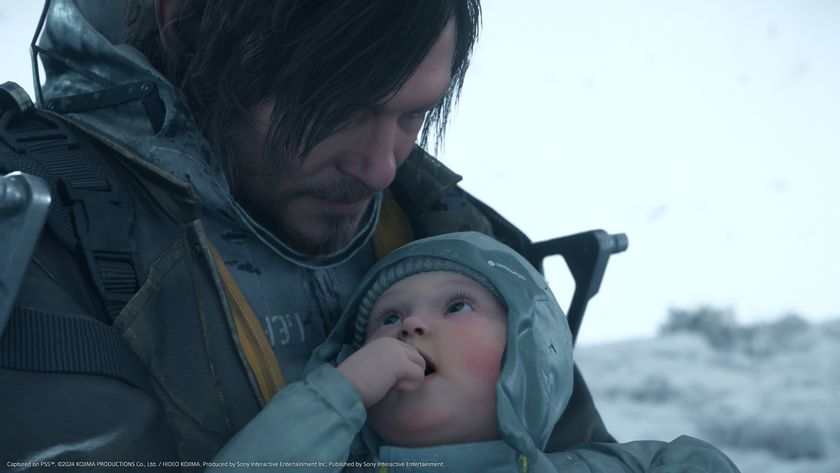
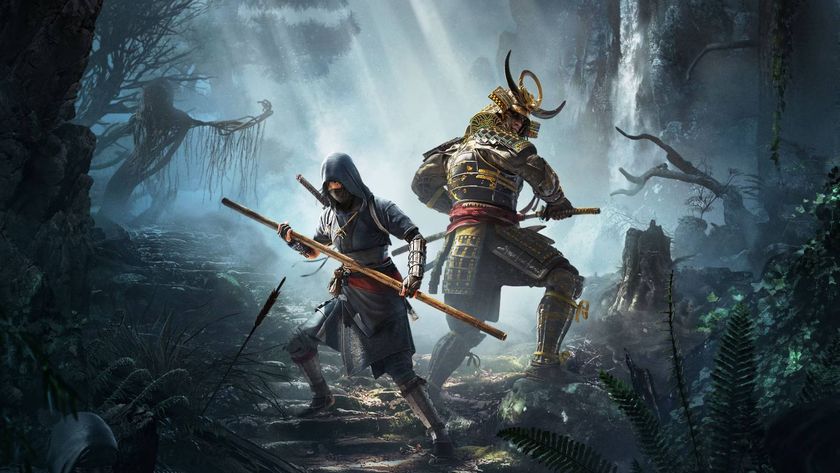
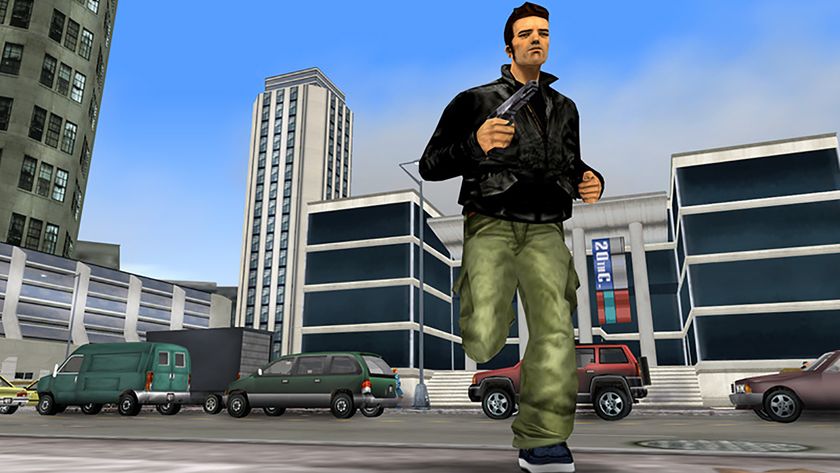
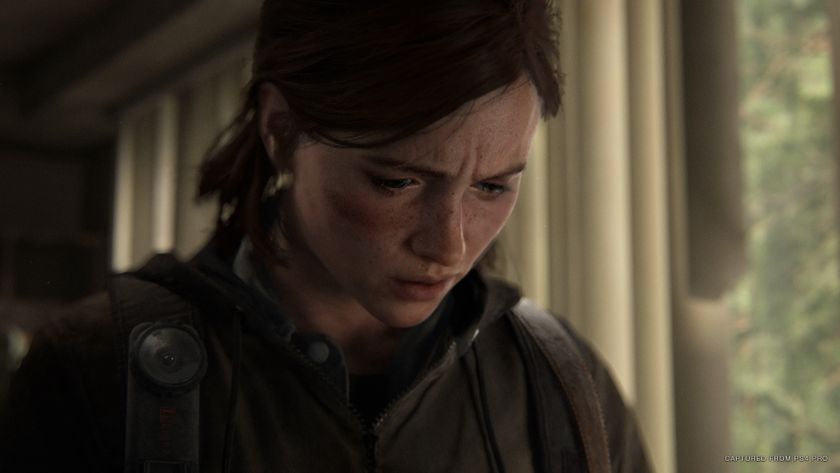
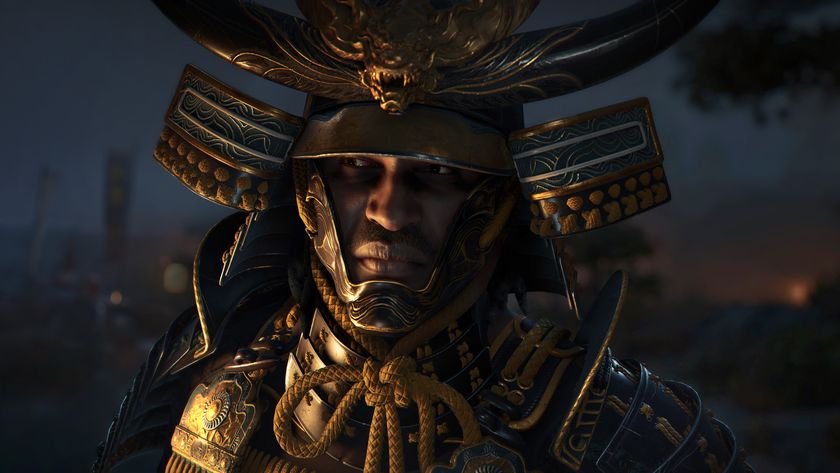

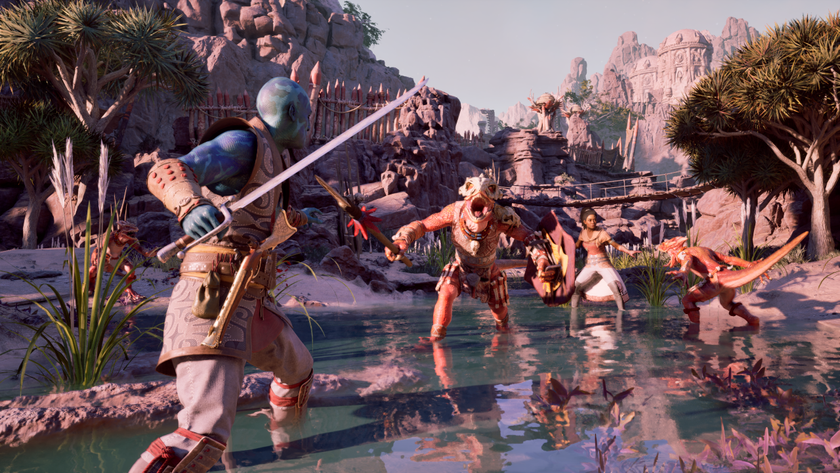

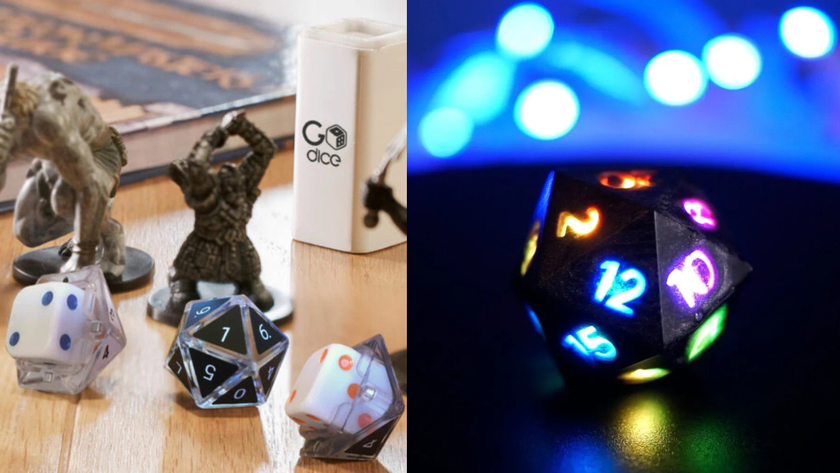
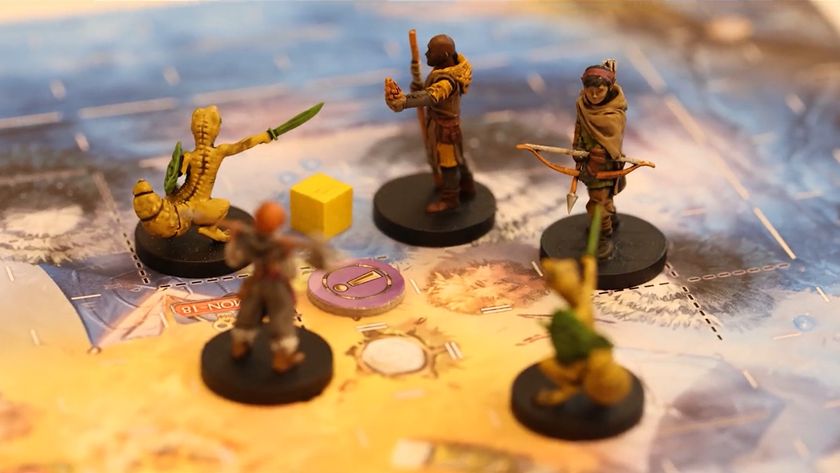


Former Xbox boss says GTA: San Andreas and its infamously NSFW Hot Coffee minigame "signified a maturing of the industry" and put games "on par with movies and music"

Death Stranding 2 pre-orders are estimated to go live this month, and will reportedly include a $230 collector's edition that I pray doesn't come with another creepy baby statue
